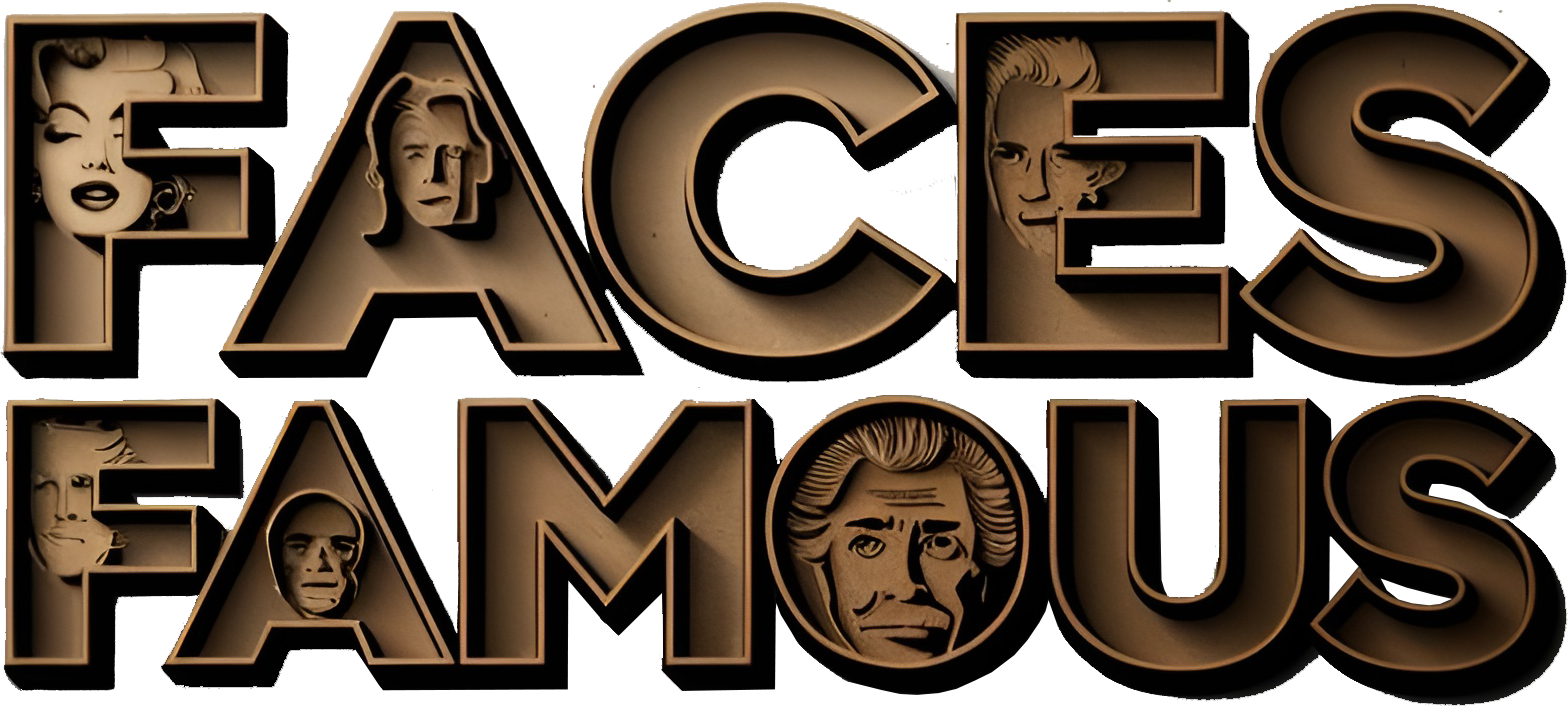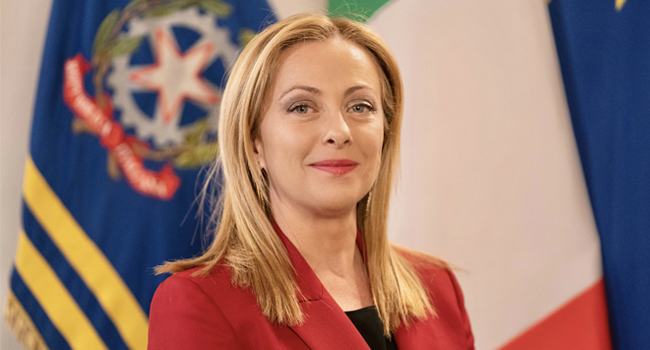Giorgia Meloni is an Italian politician who has gained significant international attention as the leader of Italy’s right-wing party, Fratelli d’Italia (Brothers of Italy). She became the first female Prime Minister of Italy on October 22, 2022, following the 2022 general elections. Her rise to power marked a significant shift in Italy’s political landscape, with her party being rooted in post-fascist traditions. Here is a detailed look at Giorgia Meloni’s background, political career, and policies:
Early Life and Background
Giorgia Meloni was born on January 15, 1977, in Rome, Italy. She grew up in a working-class neighborhood, and her upbringing was marked by her father leaving the family when she was young, a factor she often cites as influential in shaping her personal and political views. Meloni was politically active from a young age, joining the Fronte della Gioventù (Youth Front), the youth wing of the Italian Social Movement (MSI), a neo-fascist party, when she was 15. Her early involvement in politics reflected her commitment to nationalism and social conservatism.
Political Career
Youth Leadership and Ministerial Role
Meloni’s first significant political role came when she was elected to the Chamber of Deputies in 2006, representing the center-right coalition led by Silvio Berlusconi. At just 31 years old, she became Italy’s youngest-ever Minister of Youth in 2008 during Berlusconi’s government. Her time in this position helped to boost her profile on the national stage.
In 2012, Meloni co-founded Fratelli d’Italia, a political party that would later become one of Italy’s most prominent right-wing forces. The party drew heavily from the ideology of the Italian Social Movement (MSI) and the National Alliance, focusing on nationalism, immigration control, and social conservatism.
Leadership of Fratelli d’Italia
Meloni’s leadership of Fratelli d’Italia saw her carefully rebranding the party while maintaining a focus on core conservative principles. Under her guidance, the party distanced itself from the explicit fascist roots of its predecessors but maintained a strong nationalist and sovereigntist stance. Meloni advocated for a more traditional vision of Italy, opposing progressive social policies like same-sex marriage and gender identity reforms while emphasizing Italy’s Christian heritage.
2022 Elections and Becoming Prime Minister
Meloni’s breakthrough came in the 2022 Italian general elections, where Fratelli d’Italia won the largest share of the vote, securing 26% of the popular vote. This represented a dramatic rise from the party’s marginal position just a few years earlier. Her victory was aided by widespread dissatisfaction with previous governments and a growing desire for more nationalist and populist leadership in Italy. In the context of the European Union, Meloni positioned herself as a critic of EU overreach, advocating for stronger national sovereignty.
After the election, Meloni formed a coalition government with other right-wing parties, including Matteo Salvini’s Lega and Silvio Berlusconi’s Forza Italia. On October 22, 2022, she was officially sworn in as Italy’s first female Prime Minister.
Political Ideology and Policies
Giorgia Meloni’s political ideology has been described as a blend of right-wing nationalism, populism, and conservatism. She has focused on several key areas:
- Nationalism and Sovereignty: Meloni strongly believes in protecting Italy’s sovereignty from external influences, especially the European Union. While she has not advocated for leaving the EU outright, her policies favor reducing the EU’s influence over Italy’s domestic affairs. She has also pushed back against EU migration policies, demanding more control over Italy’s borders.
- Immigration: One of Meloni’s most defining stances has been her opposition to mass immigration. She supports tighter controls on Italy’s borders, particularly regarding the influx of migrants from Africa and the Middle East. Her government has pledged to crack down on illegal immigration and prioritize Italian citizens’ economic and social security.
- Social Conservatism: Meloni is a vocal opponent of what she sees as progressive agendas on issues like gender identity and same-sex marriage. She is a strong advocate for traditional family values and the protection of Italy’s Christian heritage. This position has resonated with a significant portion of Italy’s more conservative electorate.
- Economic Policies: Meloni has promoted a mix of economic nationalism and conservative fiscal policies. She supports lowering taxes for families and businesses, particularly small and medium-sized enterprises (SMEs), which she views as the backbone of Italy’s economy. At the same time, she has emphasized protecting Italian industries from foreign competition.
- Foreign Policy: While Meloni has criticized aspects of the EU, particularly its handling of immigration and economic policies, she has also affirmed Italy’s commitment to NATO. Her foreign policy has focused on balancing Italy’s relationships within the EU while asserting more independence in decision-making.
Controversies and Criticisms
Meloni’s political career has not been without controversy. Her party’s historical ties to Italy’s fascist past have led to scrutiny from political opponents and international observers. Critics have accused her of promoting xenophobic and anti-LGBTQ+ policies, which have led to protests and debates within Italy and beyond. Additionally, her hardline immigration stance has been met with opposition from human rights organizations.
Despite these criticisms, Meloni has managed to maintain significant support by presenting herself as a defender of Italy’s national interests and an advocate for those who feel left behind by globalization and progressive social policies.
Giorgia Meloni on the Global Stage
Meloni’s rise to power has made her one of Europe’s most influential right-wing leaders. Her victory in Italy is often seen as part of a broader trend across Europe, where nationalist and populist parties have gained ground in countries like Hungary, Poland, and France. As Prime Minister, Meloni faces the challenge of governing a deeply divided country while navigating Italy’s complex relationship with the EU, global migration issues, and economic recovery post-pandemic.
Conclusion
Giorgia Meloni represents a significant shift in Italy’s political landscape, embodying a resurgence of nationalist and conservative ideals. As Italy’s first female Prime Minister, her rise to power is historic, and her leadership will undoubtedly shape the future of Italian politics and its role in Europe. Whether viewed as a champion of traditional values or a polarizing figure, Meloni’s impact on Italy and international politics is undeniable.



